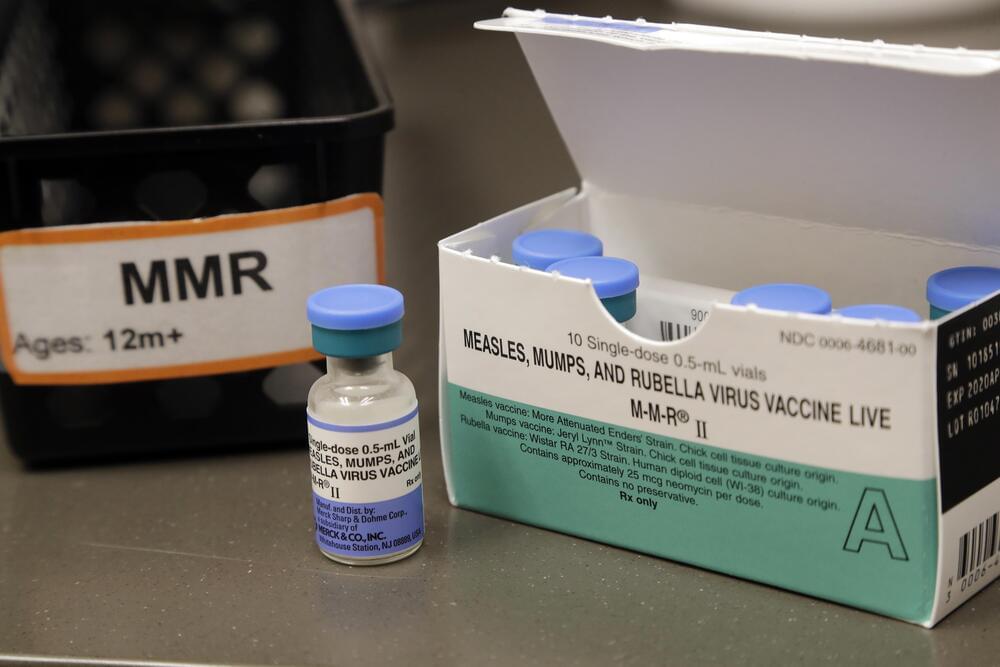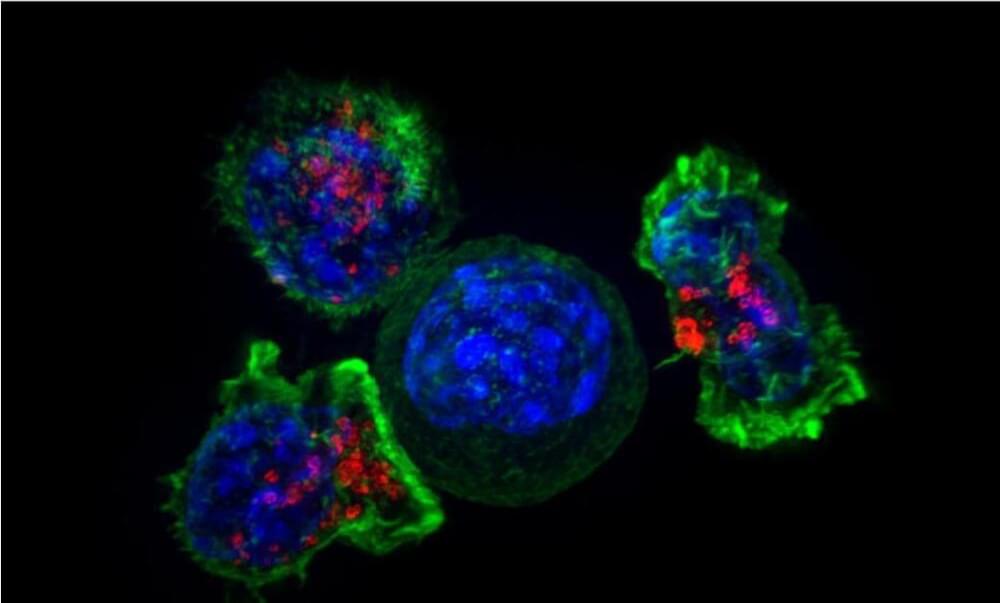By Chuck Brooks
Computing paradigms as we know them will exponentially change when artificial intelligence is combined with classical, biological, chemical, and quantum computing. Artificial intelligence might guide and enhance quantum computing, run in a 5G or 6G environment, facilitate the Internet of Things, and stimulate materials science, biotech, genomics, and the metaverse.
Computers that can execute more than a quadrillion calculations per second should be available within the next ten years. We will also rely on clever computing software solutions to automate knowledge labor. Artificial intelligence technologies that improve cognitive performance across all envisioned industry verticals will support our future computing.
Advanced computing has a fascinating and mind-blowing future. It will include computers that can communicate via lightwave transmission, function as a human-machine interface, and self-assemble and teach themselves thanks to artificial intelligence. One day, computers might have sentience.



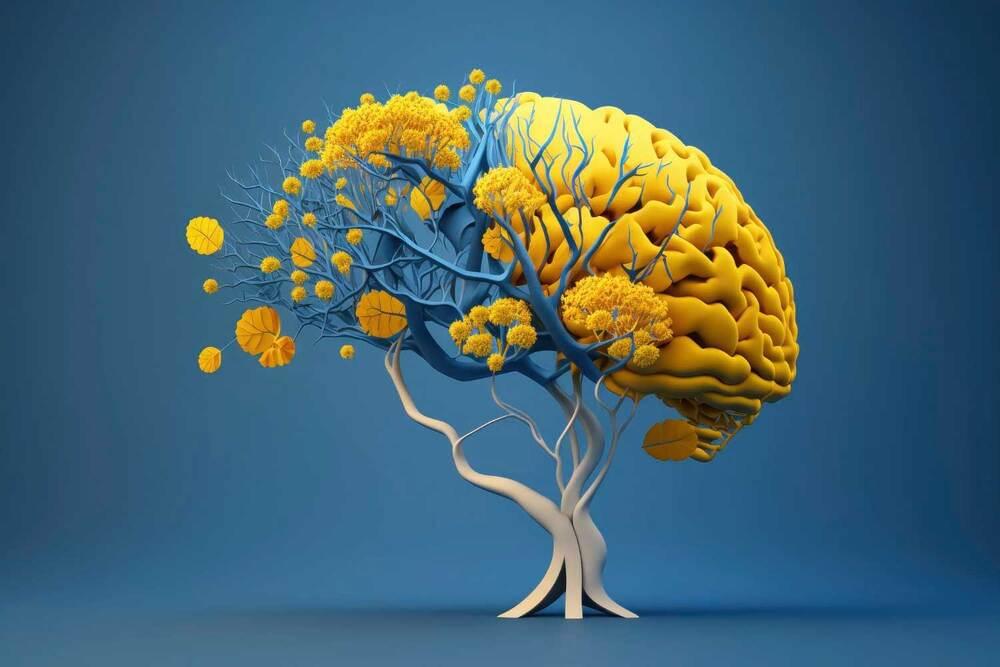
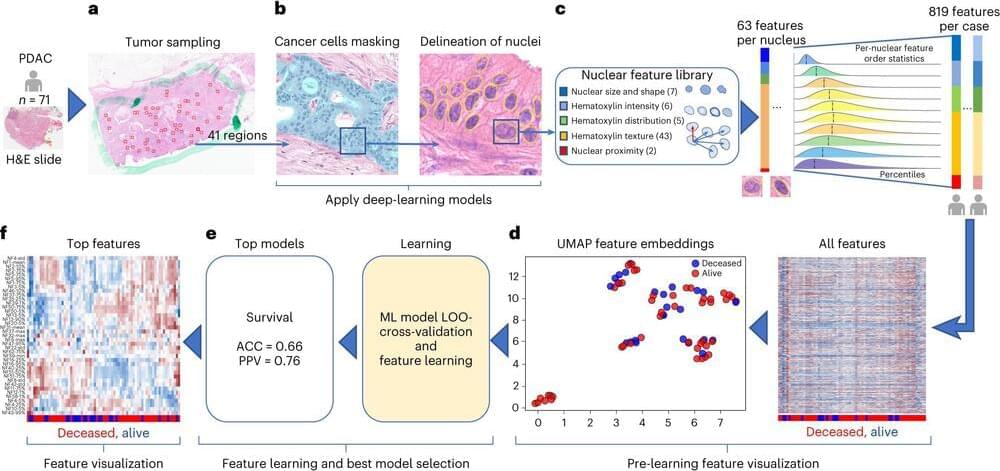

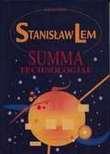 „Summa Technologie is a „mother-essay from which most of Lem’s later essayistic books stem. It was written in times when most of the discussed issues – today sometimes quite obvious ones – belonged to the world of fantasy. The ambition behind this project still amazes, especially if we take into consideration that Lem tried to set up a secular edifice of knowledge, competing in its universalism with Saint Thomas Aquinas and his Summa Theologica.
„Summa Technologie is a „mother-essay from which most of Lem’s later essayistic books stem. It was written in times when most of the discussed issues – today sometimes quite obvious ones – belonged to the world of fantasy. The ambition behind this project still amazes, especially if we take into consideration that Lem tried to set up a secular edifice of knowledge, competing in its universalism with Saint Thomas Aquinas and his Summa Theologica.